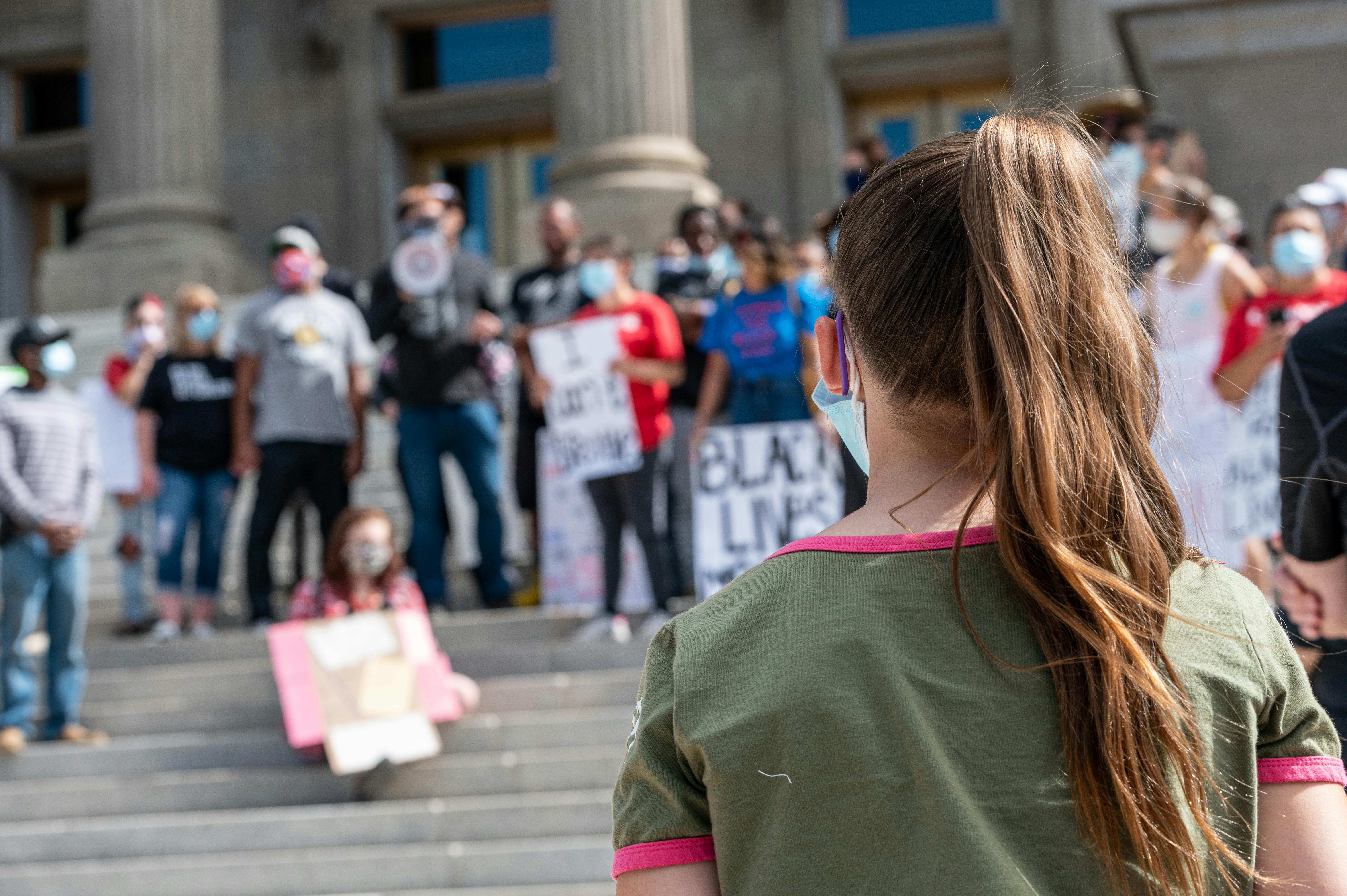Bail Bond Amounts Set
A judge decides the bail bond amount for each case and may vary this from the standard amounts listed in a “bail schedule.” The goal of setting bail is to make sure that the defendant appears for all court dates and doesn’t skip town. A judge must use their best judgement to try and create a situation where this will occur.
There are many different factors that can influence the bail amount including past crimes committed and a person’s current criminal status. This can include whether or not there is a warrant out for the individual’s arrest, if they are on parole or probation and if there are any pending cases against them such as child support, domestic violence, or another criminal matter. The severity of the crime and any additional factors such as using a weapon during the alleged offense can also increase the bail bonds reviews amount required.

It is a good idea for the defendant to be prepared to answer questions from the judge regarding their financial standing and how they will be able to afford to show up for all of their court appearances. This will help the judge to determine if the accused is a flight risk. If a judge believes that the person will not be able to attend their court dates they will not release them on bail and will keep them in jail until they are arraigned (the beginning of the trial process).
How Are Bail Bond Amounts Set?
On the other hand, someone with a high net worth could receive a low bail amount because it is assumed that they have a strong incentive to return to all of their court appearances and won’t skip town. In addition to their net worth a judge can also consider the ties that the person has with the community such as family, friends, places of employment, real estate, business interests and other assets that are tied to a person’s residency.
Bail is usually set at a cash deposit and the money is kept by the court until it’s needed. A judge can also set a surety bond, which is an agreement that someone will be responsible for the defendant if they don’t show up to their court appearances. This is typically done through a bail bond company and the defendant pays only a small percentage of the total bond amount, a non-refundable fee often no more than ten percent to the bail bond agent.
This is how it works for most cases. A person can also be released on their own recognizance, if they have no history of skipping court dates and can prove that they will be able to attend all of their hearings. This is a great option for people who have no prior record of criminal charges and are just accused of breaking the law. However, this option is only available to those who are charged with a non-capital crime and are not deemed as a flight risk or danger to the public.



